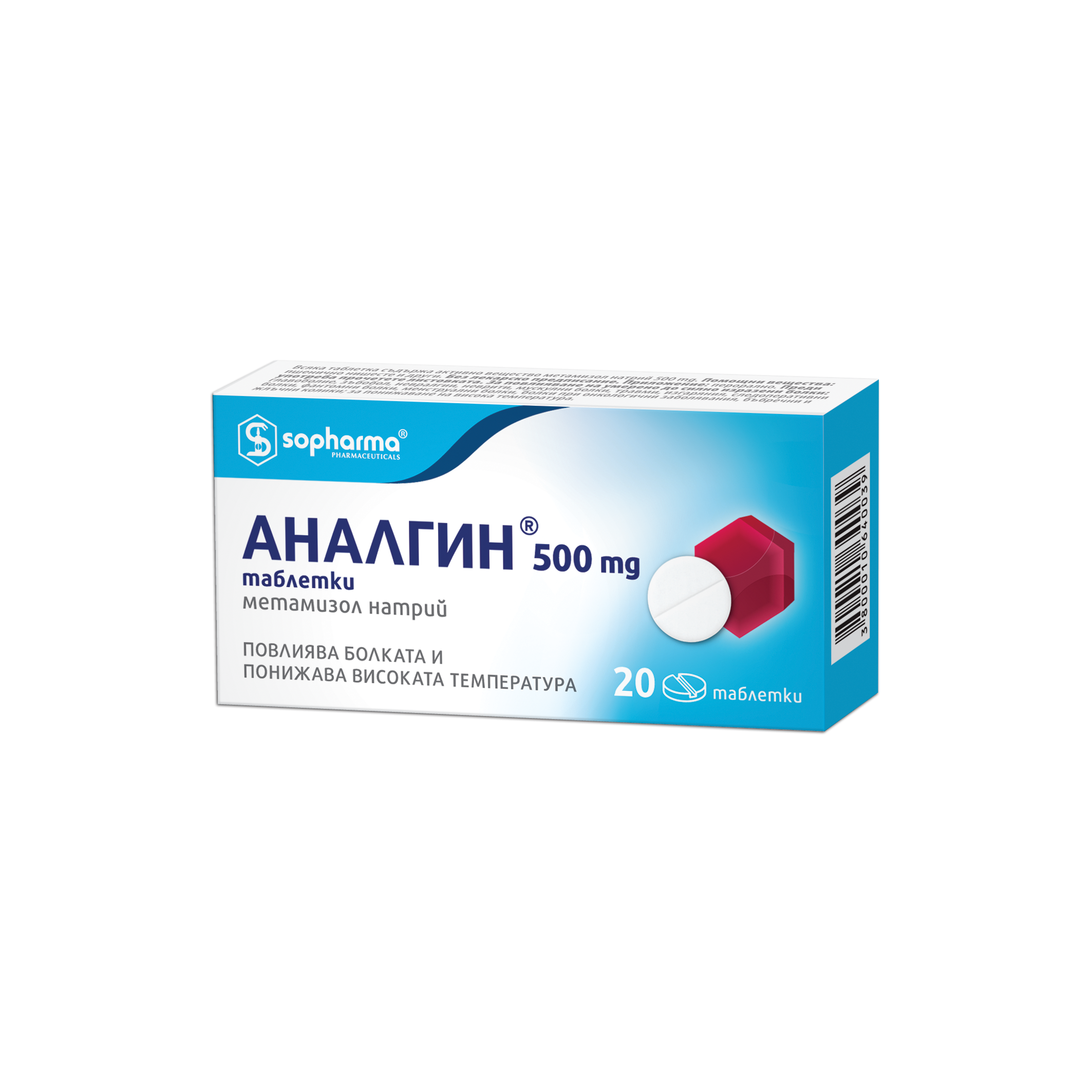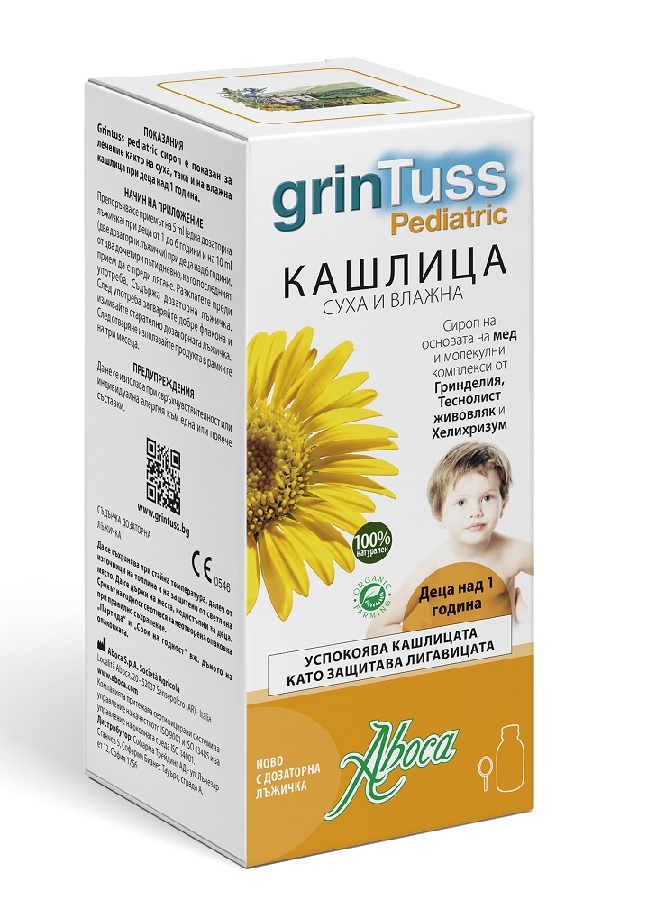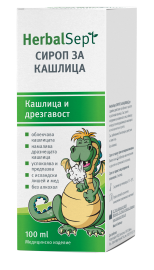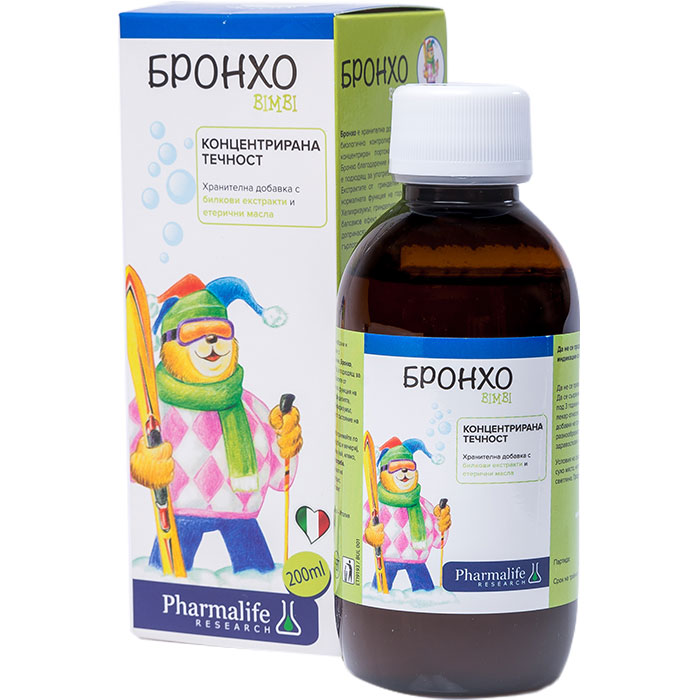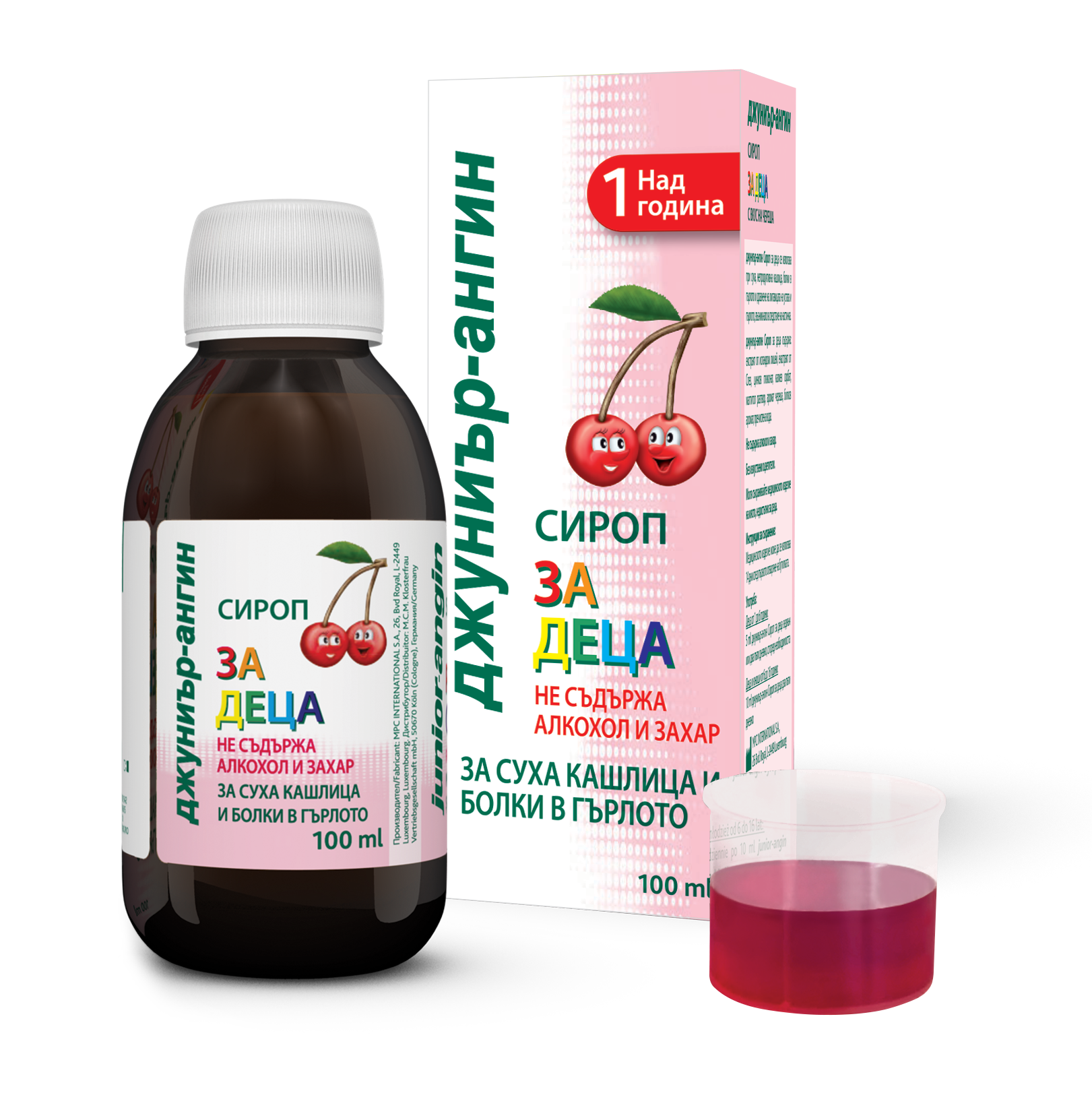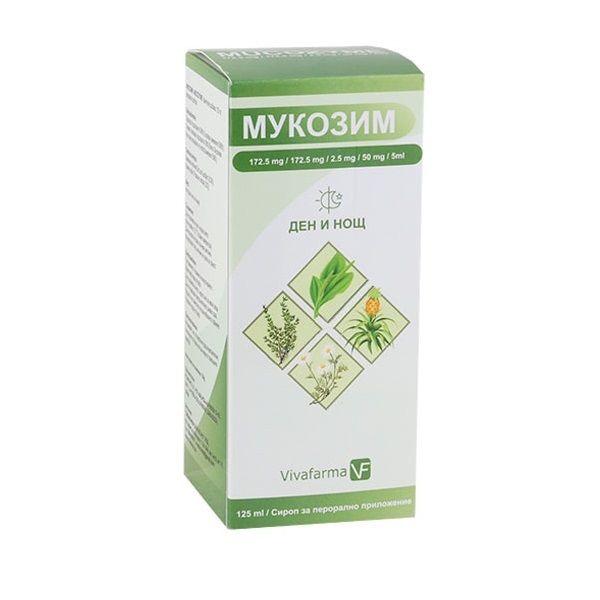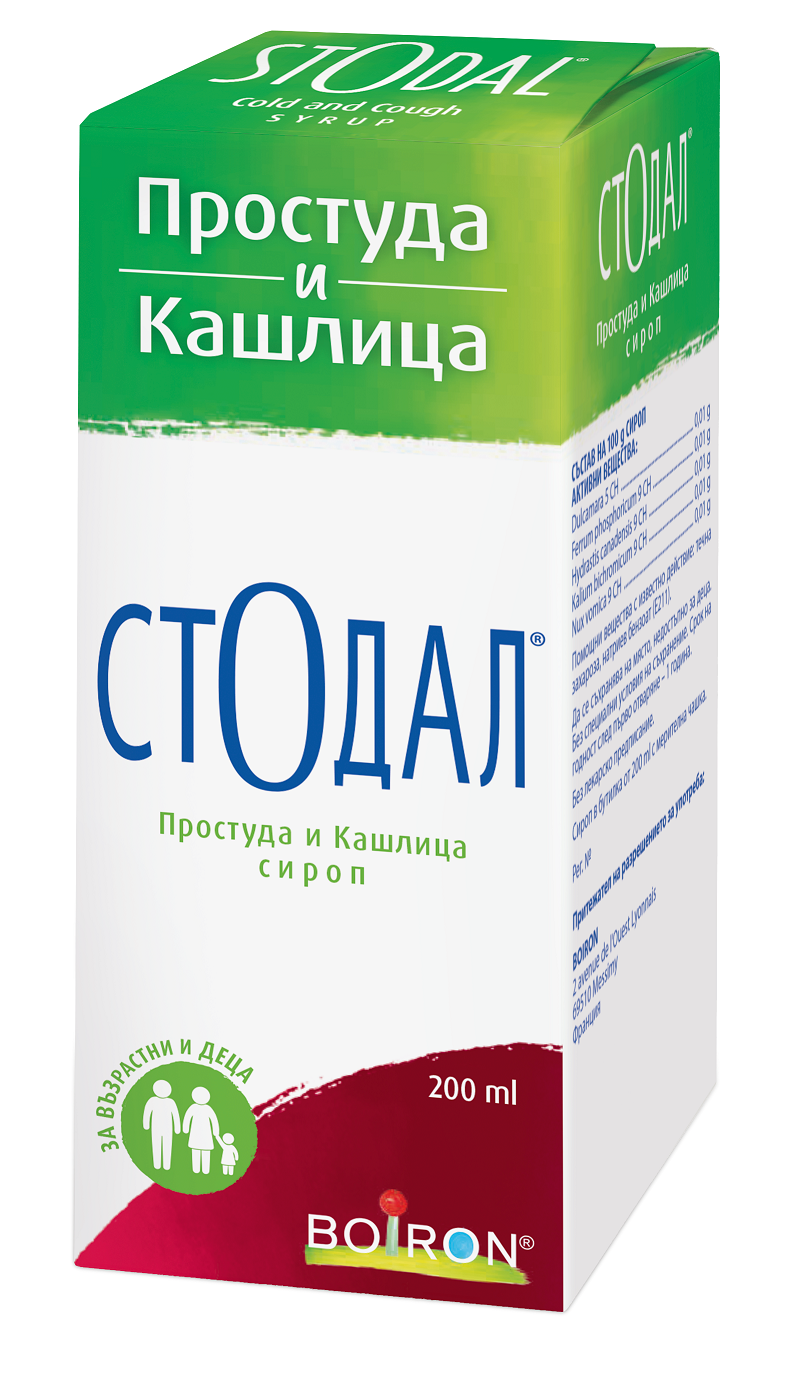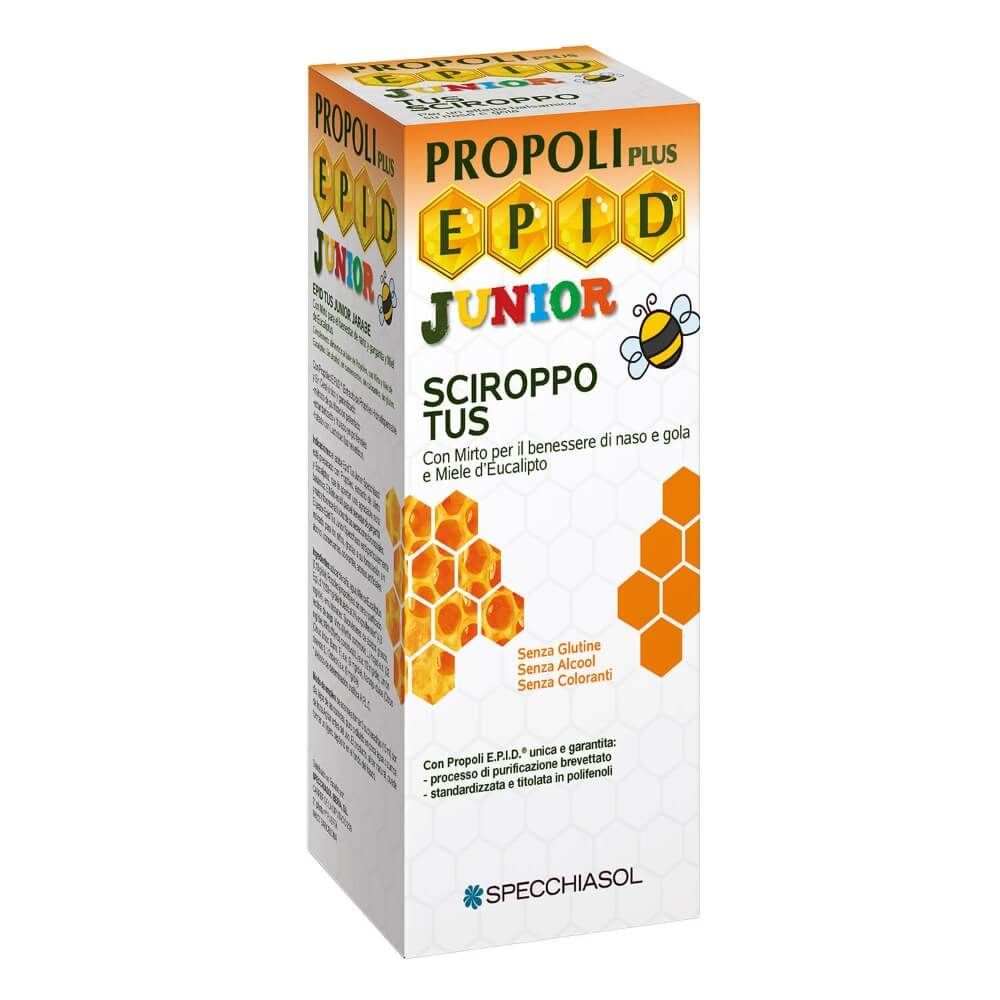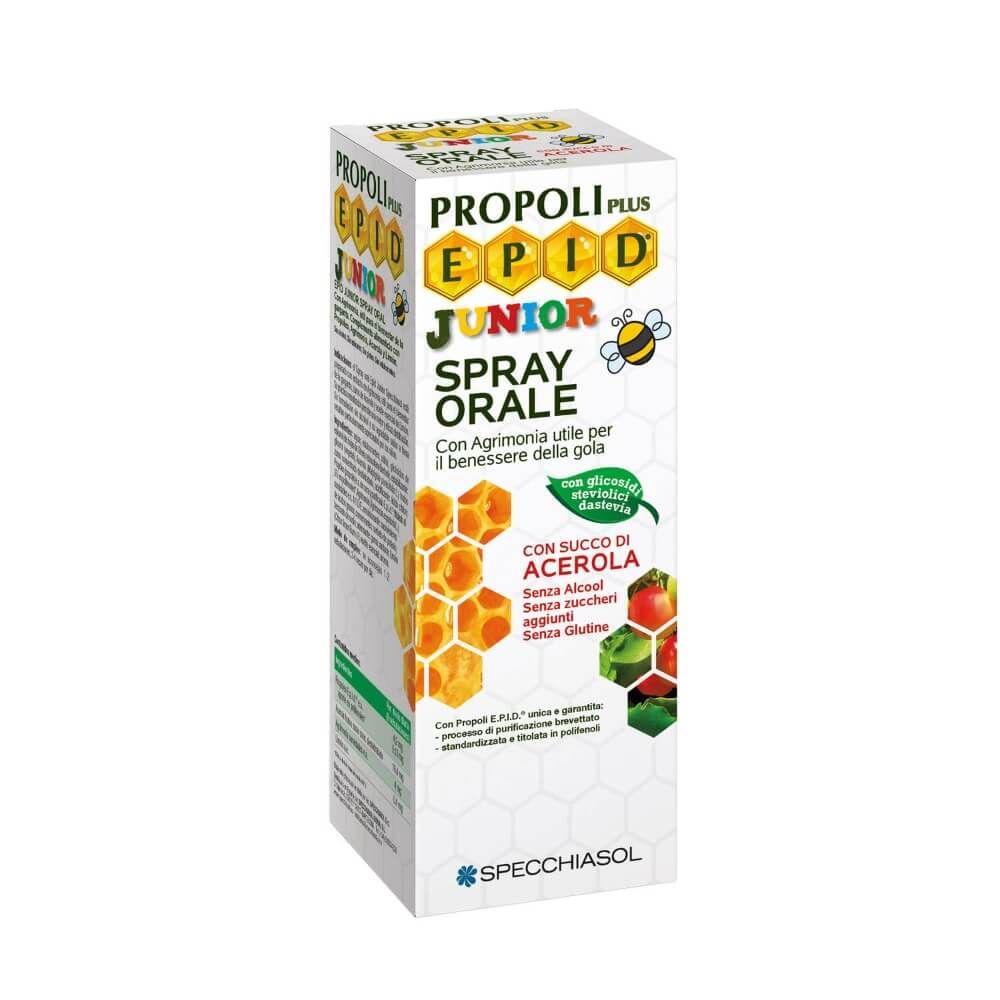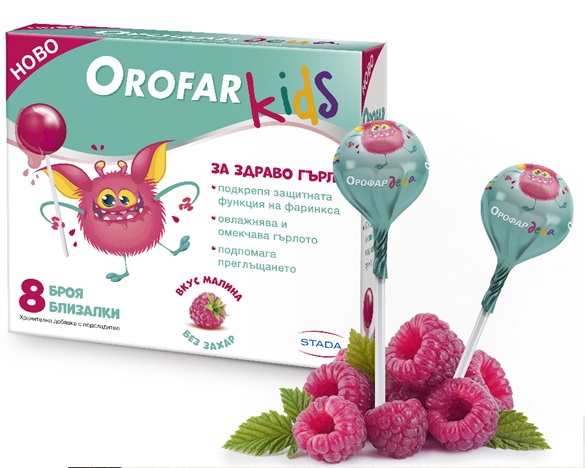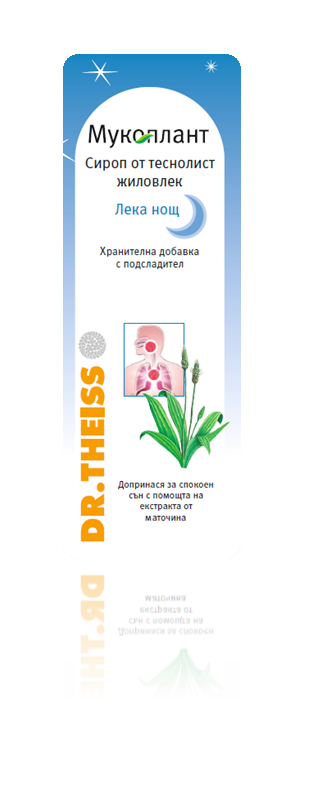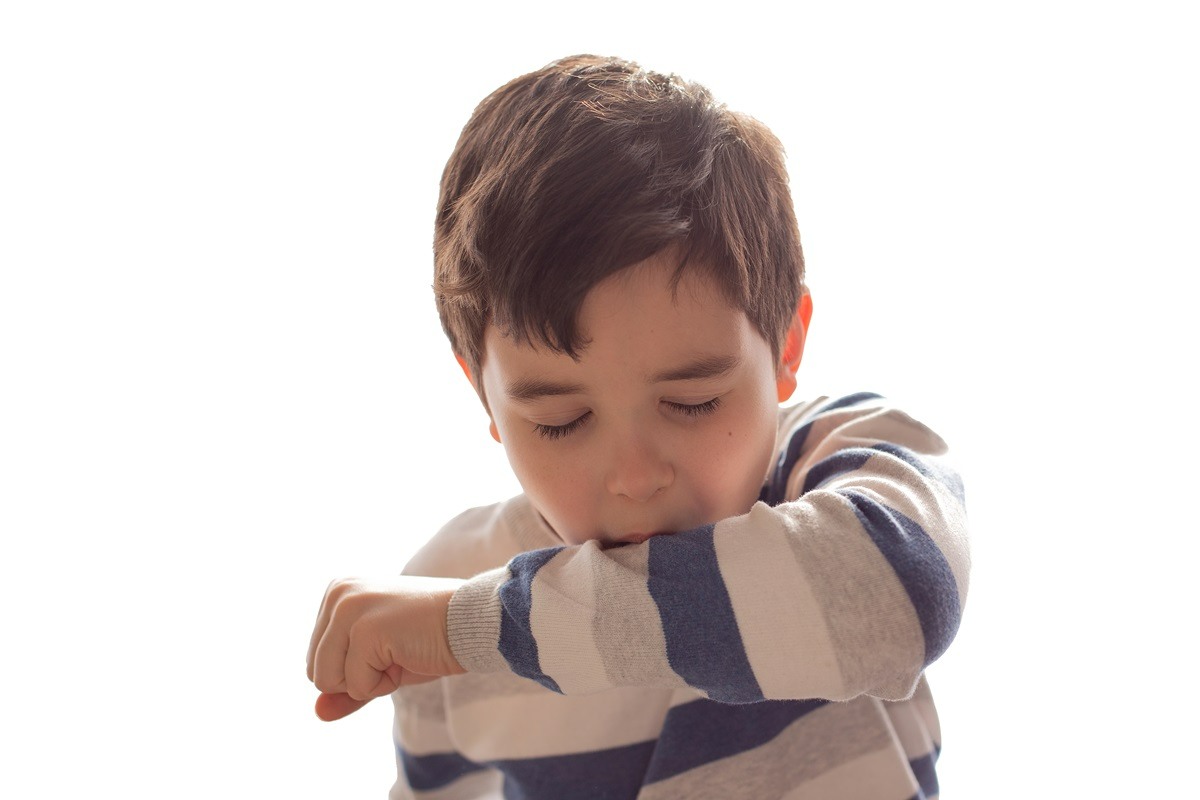
Coughing in children is a complex reflex mechanism used by the body to clean the respiratory tract of foreign bodies, secretions and irritants. This physiological process can be caused by various factors, which makes it necessary to study and understand the causes of coughing.
A dry cough is usually caused by irritants in the respiratory tract, while a wet cough can be the result of the presence of secretions. A barking cough can be an indicator of certain respiratory problems.
Cough in children can also be a consequence of an illness that has already passed. In most cases, however, it is caused by active (currently) diseases. Viral infections, such as colds and flu, are common triggers, but allergies, environmental irritants, and even certain medications can also trigger a cough immediately.
In the following lines, we will look at the different types of cough, as well as which are the effective medicinal preparations and methods that can help fight this common and ambiguous symptom.
Distinguishing the types of cough in children
Distinguishing the different types of cough in children is essential, since each form has different characteristics and requires a specific approach in its treatment. It is important to determine the type of cough because this can help relieve symptoms and treat the underlying cause.
Dry cough in a child
A dry cough in children is often characterized by the absence of secretions and can be extremely irritating for little ones. This type of cough is usually the result of irritants such as smoke, dust or allergens in the environment. Symptoms of a dry cough include persistent coughing without secretions and can often lead to discomfort and fatigue.
Hydrating and moisturizing syrups and powders that soothe the airways and reduce irritation can help. Cough suppressants containing dextromethorphan or codeine are most commonly administered (with the advice and prescription of a doctor). These ingredients act on the central nervous system, reducing the body's response (cough).
If the dry cough is related to allergies, avoiding the allergens and taking antihistamines can help. If the child is exposed to an environment that causes coughing, a change in this factor can also relieve symptoms quickly. It is important to emphasize that before starting any treatment measures, it is necessary to consult a pediatrician or other health professional to determine the cause of the cough and provide appropriate treatment advice.
Wet cough in a child
A wet cough is usually associated with the presence of secretions in the respiratory tract and can be a reaction to infections or inflammation. Symptoms include coughing up a lot of secretions, which can be clear, white, or even green in bacterial infections.
Maintaining optimal hydration is essential to managing a wet cough. Increased fluid intake helps to liquefy secretions and facilitate their passage. Expectorants are means that help the child to cough up secretions more easily. They support the liquefaction of secretions and facilitate their removal from the body. They are available in various forms, such as syrups or tablets, and are used as directed by a doctor.
If a child's wet cough is caused by a bacterial infection, a doctor may recommend taking antibiotics. It is important to consult a doctor before starting treatment with antibiotics, as they are only effective against bacterial infections.
Persistent cough in a child
A persistent and prolonged cough in children can be caused by factors such as asthma, allergies or even reflux. This type of cough can last for a long time and requires careful examination.
The key to effectively treating a persistent cough in a child or adolescent is finding the underlying cause. The doctor should perform a thorough examination, and may need allergy tests, X-rays or other tests to determine the source of the problem.
If the persistent cough is related to asthma, a doctor may recommend the use of bronchodilators or short-acting steroid preparations that help maintain normal airway function. If allergies turn out to be the cause of the persistent cough, lifestyle and environmental changes can help calm the cough in children. This may include avoiding allergens, cleaning the home regularly, and maintaining proper humidity.
All treatment measures should be taken in consultation with a doctor, who will determine the most appropriate treatment plan depending on the diagnosis and the specific needs of the child.
Barking cough and cough with sputum in a child
A barking cough and a cough accompanied by phlegm can often be an indicator of serious problems in the respiratory system. If the child often coughs like "barking" or cough occurs after eating, it is important to seek consultation from a pediatrician or a specialist in pediatric gastroenterology.
Barking cough in children can be related to various respiratory problems, such as:
- Laryngitis: Inflammation of the vocal cords that can cause the characteristic "barking" cough.
- Other respiratory infections: Such as bronchiolitis and childhood asthma, which often cause a cough with a similar sound.
Coughing after eating, combined with expectoration, can be a sign of various problems in the digestive system:
- Gastroesophageal reflux disease (GERD): When acid from the stomach backs up into the esophagus, causing coughing and expectoration.
- Digestive problems: Such as kinking of the windpipe (tracheomalacia) or swallowing problems which can lead to coughing after eating.
If the barking cough or cough with sputum becomes frequent and prolonged, it may require consultation and examination by a specialist.
If the child experiences accompanying symptoms such as difficulty breathing, great fatigue, weight loss or feeding difficulties, consult a specialist. Consultation is also important if the barking cough is accompanied by unusual breathing sounds, such as whistling or wheezing.
Distinguishing the types of cough in children is an important step, which is related to the need for a personalized and accurate approach in their medical care. This is the key to faster and more efficient recovery.
Effective medicines to relieve cough in children
Correct and effective cough relief in children is extremely important because of a number of factors that relate to both the child's comfort and speedy recovery.
1. For a dry cough in a child
Hydrating syrups and powders: Medicines containing glycerin or honey, which form a protective layer in the respiratory tract and reduce the irritation caused by a dry cough.
Antitussives: Containing dextromethorphan or codeine, which act as cough suppressants, reducing the body's response in the central nervous system.
2. For wet cough in a child
Expectorants: Medicines that help a child cough up secretions by loosening them and making them easier to expel.
Any choice of medication should be made after consultation with a doctor who can recommend the most appropriate treatment strategy in the specific case.
Recommendations for soothing coughs in children
To calm a cough in children, it is important to create a comfortable environment, including the use of an air humidifier, regular ventilation of the room and suitable warm drinks to calm the irritating symptom.
Providing fresh air, regularly ventilating the room and maintaining a fresh and clean environment can also be beneficial. Warm drinks such as tea with honey or birch sap can be soothing to the throat and help with wet coughs. It is important to make sure that the drink is not hot and is appropriate for the child's age.
Hydration is essential to keep airways moist and relieve coughing. A mixture of honey and fresh lemon juice can be soothing to the throat and contribute to the quick, and in some cases, immediate cessation of cough in children. Propolis, with its antiseptic properties, can also be used as a way to quickly relieve a cough.
Provide the child with sufficient rest time by providing opportunities for rest and recovery. In case of a strong cough in a child without other symptoms that does not go away, it is always recommended to consult a doctor. He can offer quick and effective solutions tailored to the child's health condition.
Conclusion
Undoubtedly, cough in children is a challenge for parents, but it is important to be informed and ready to apply effective methods and medicines to relieve the symptoms.
A balance between traditional methods, such as the use of home remedies, and the administration of medication is key, giving children the support they need to recover quickly. Any type of cough, be it prolonged, persistent, cough with sputum, in a child requires an individual approach.
Instantly stopping cough in children can be a challenge, but with the right choice of methods and means, you can help children cope with this unpleasant symptom more easily. In the event of a prolonged, persistent or severe cough, especially if it is accompanied by other symptoms or difficulty breathing, consultation with a doctor is mandatory to ensure proper diagnosis and treatment.
For more useful information, you can always check out our health portal.


